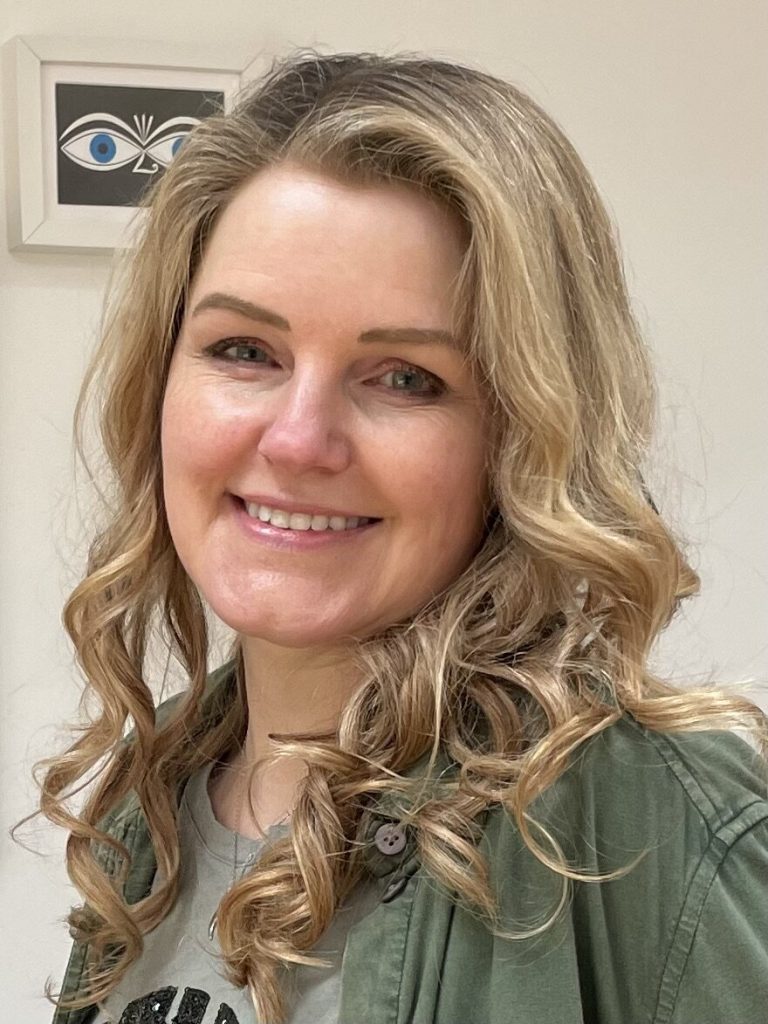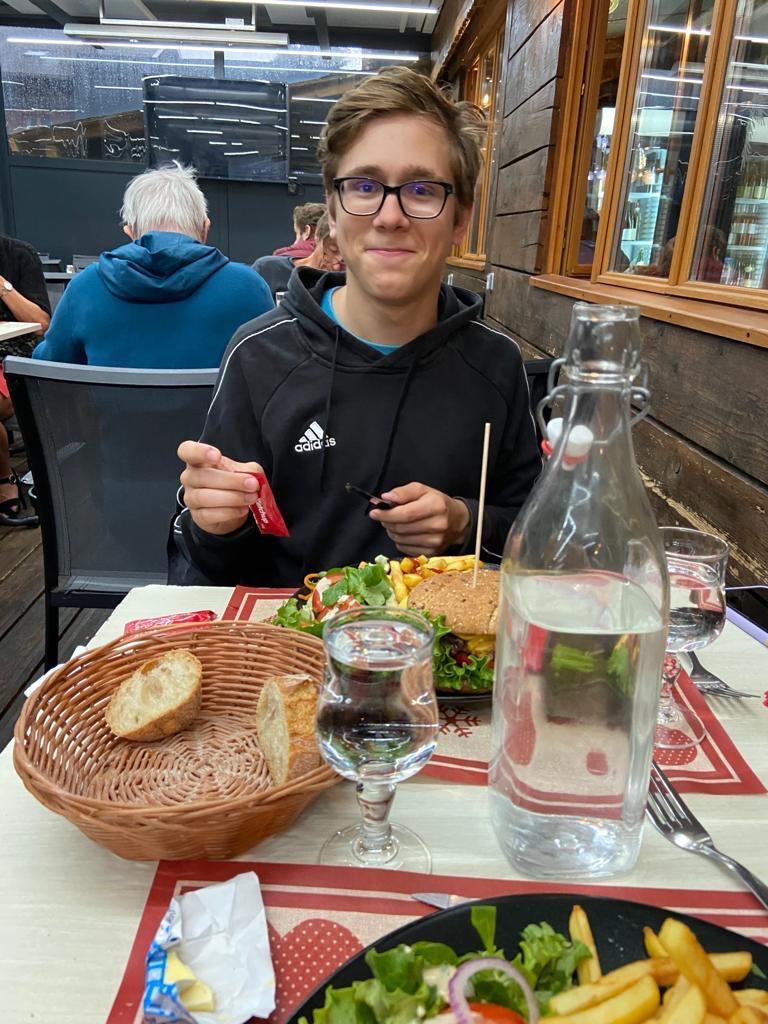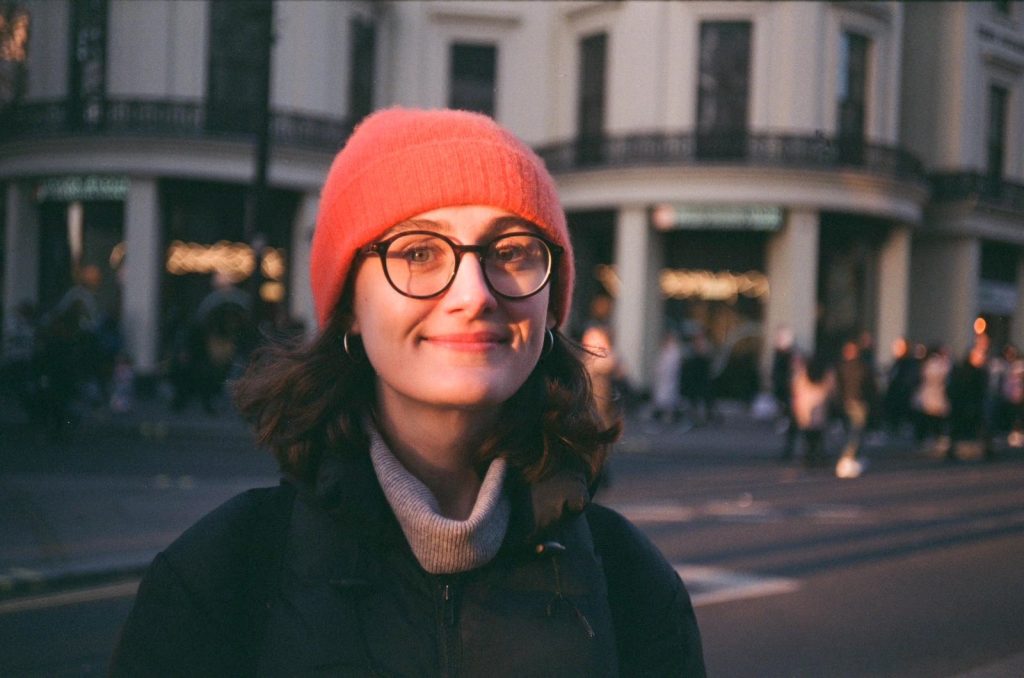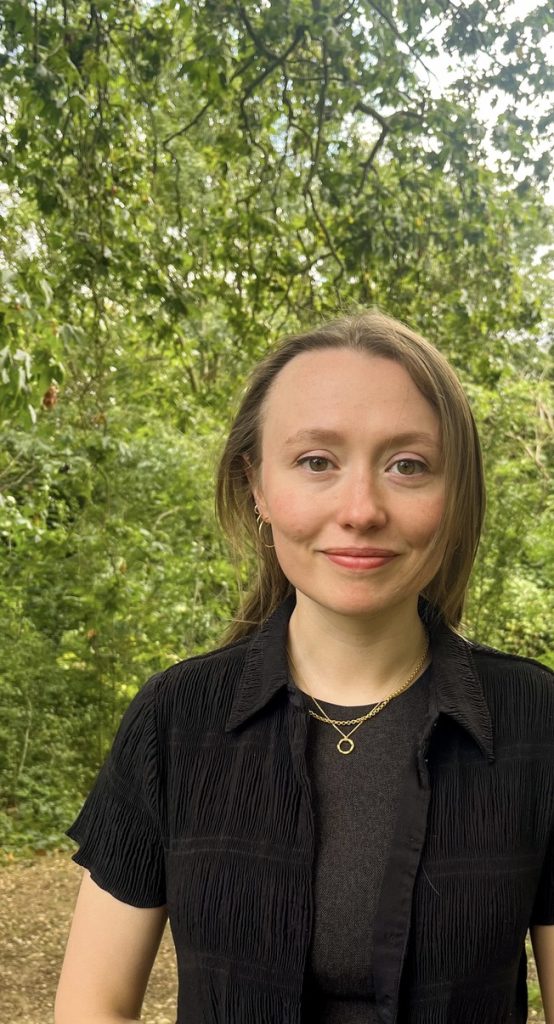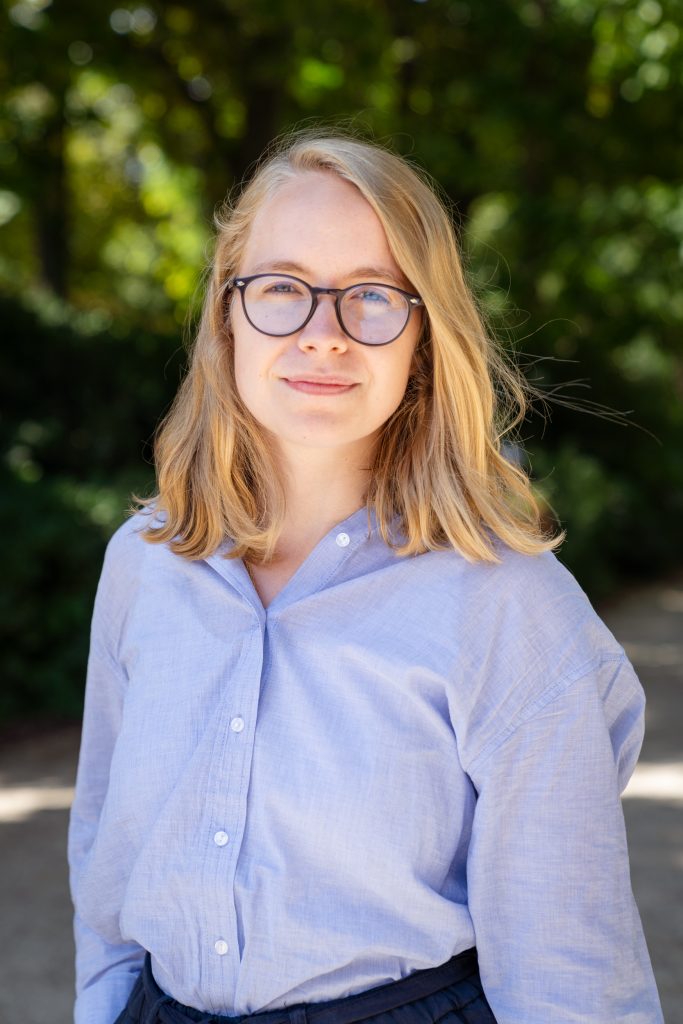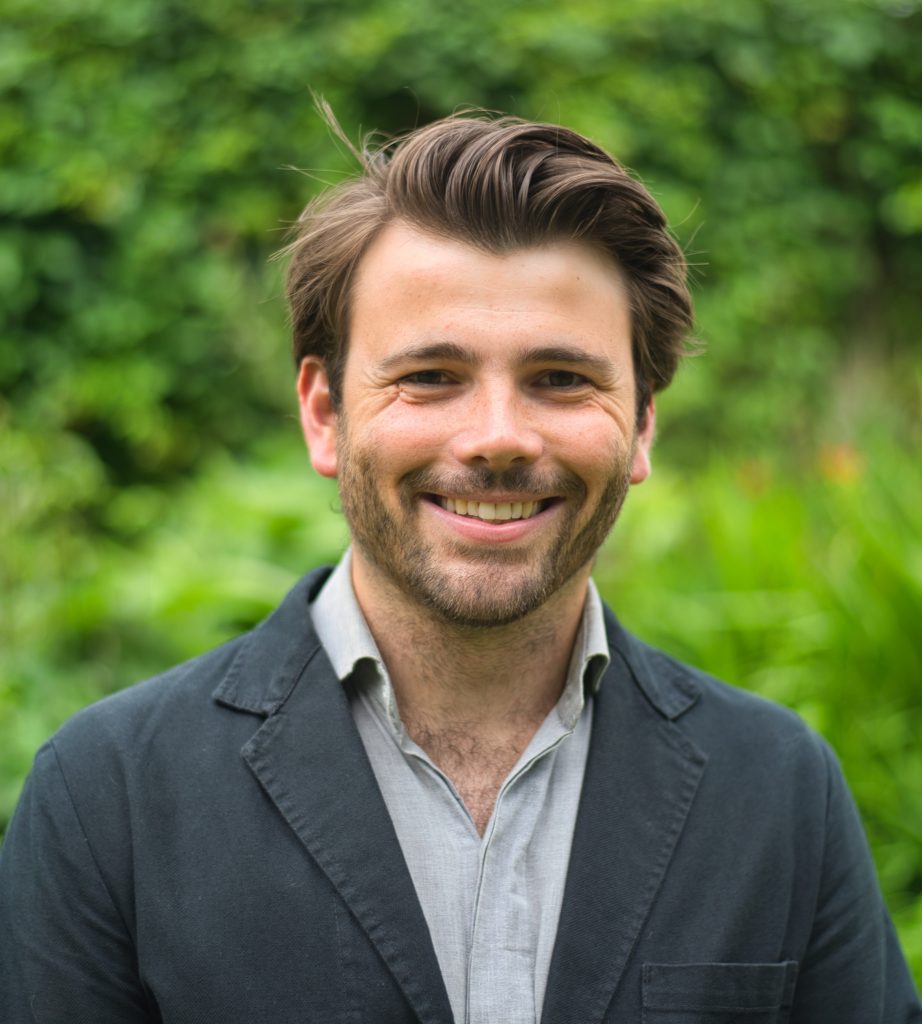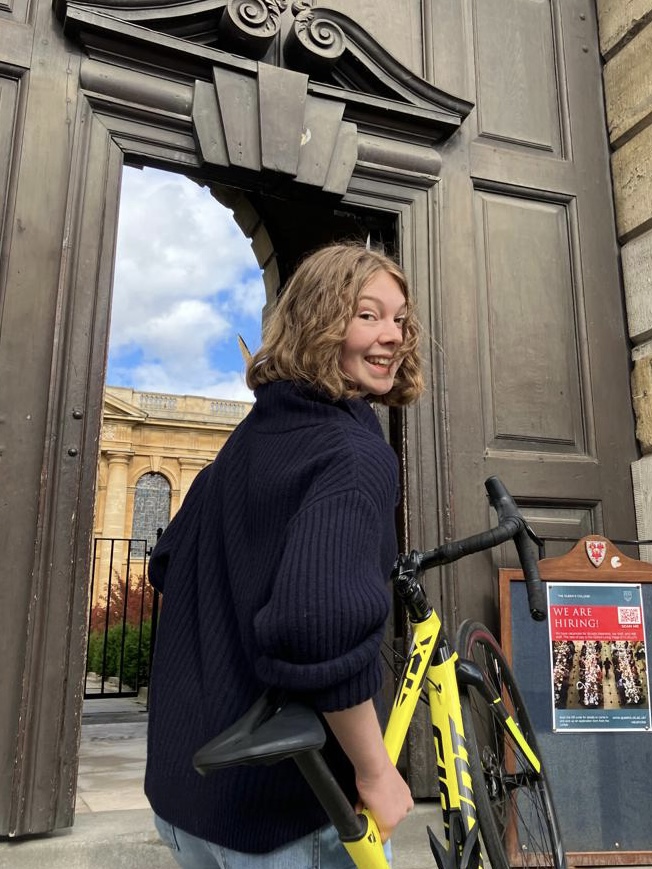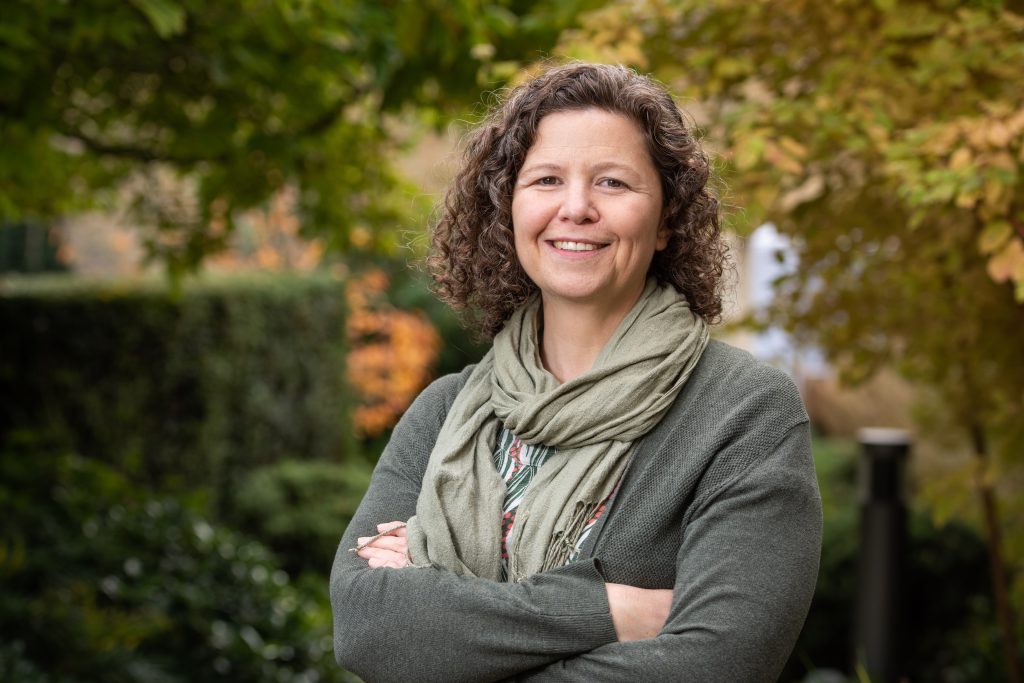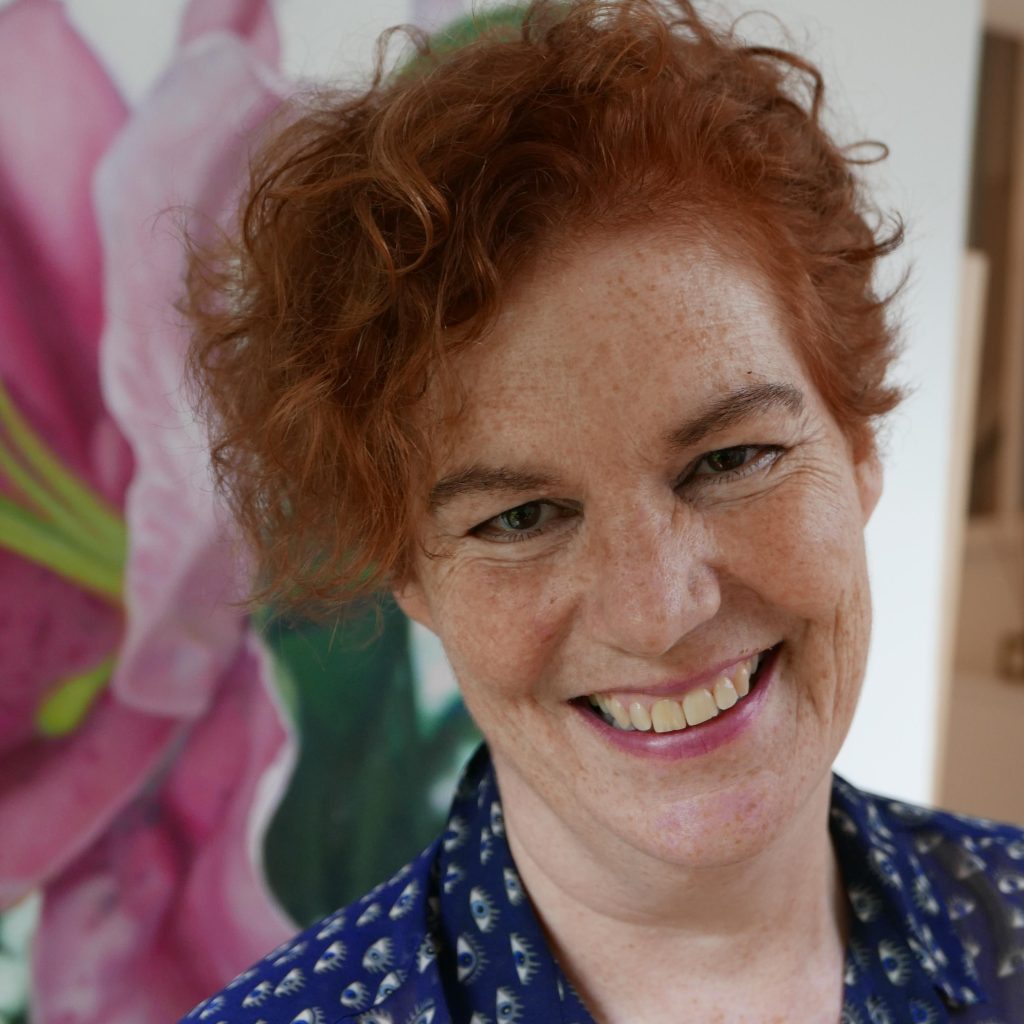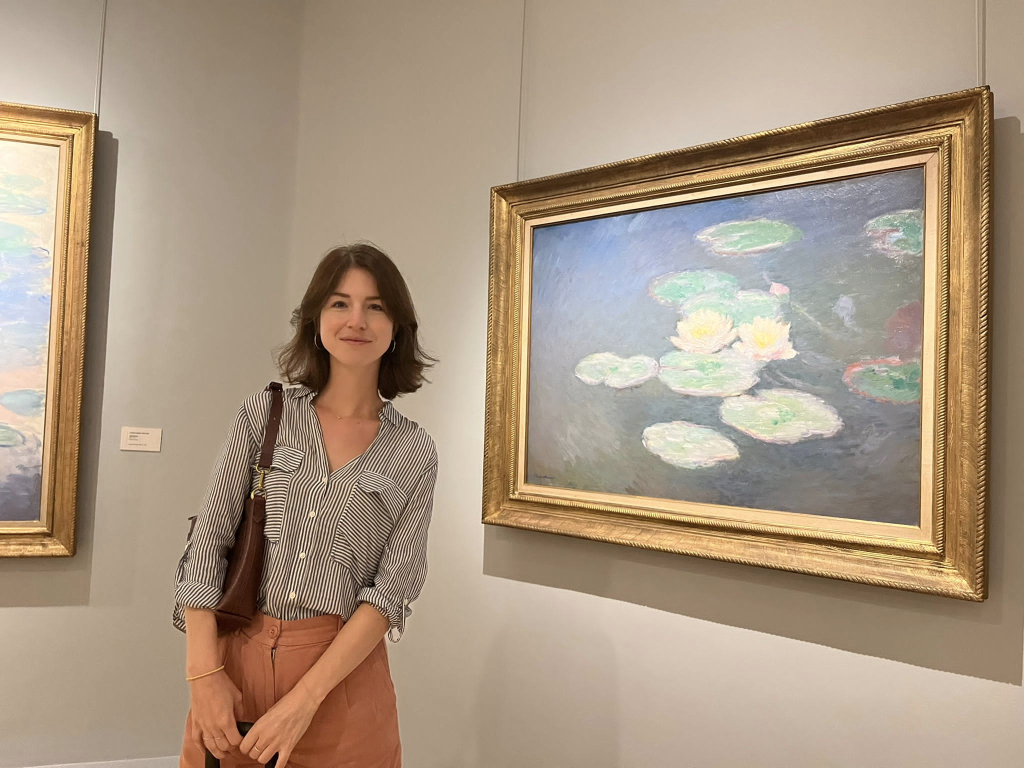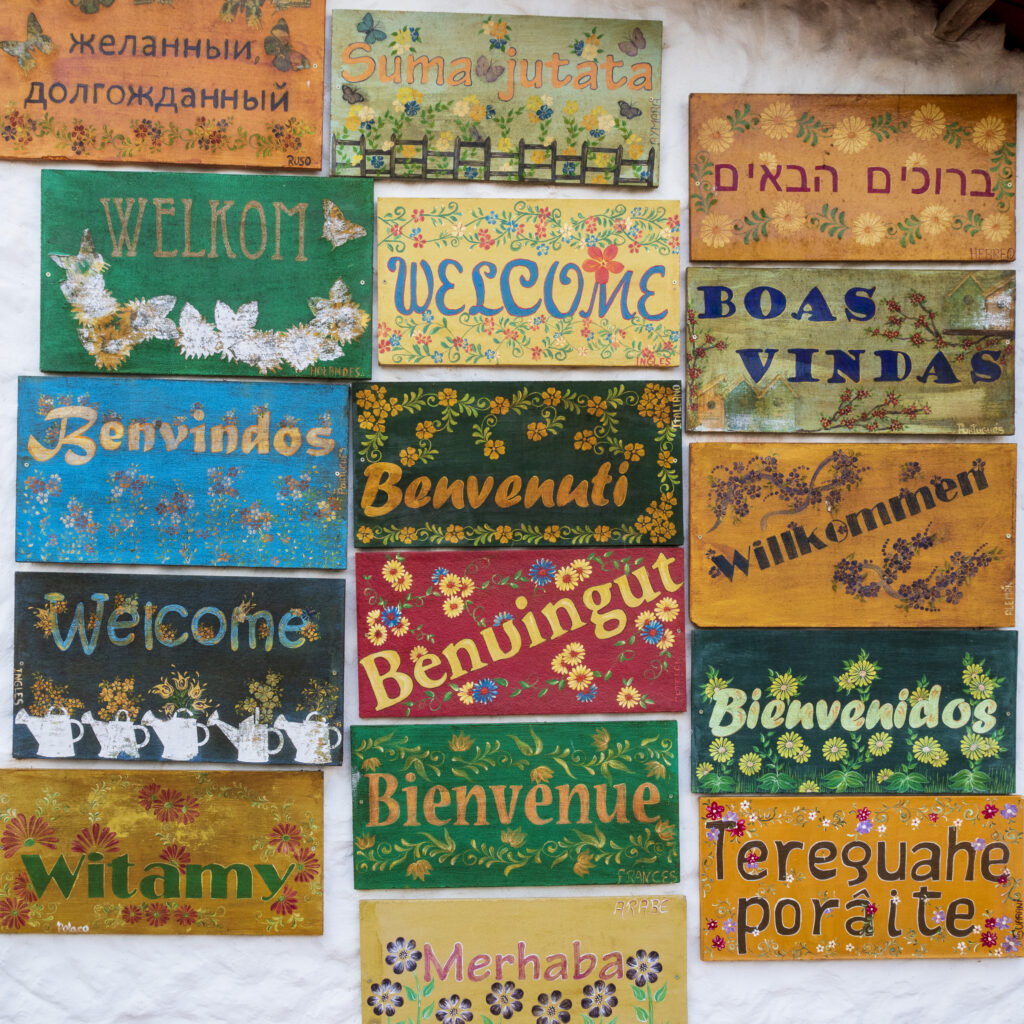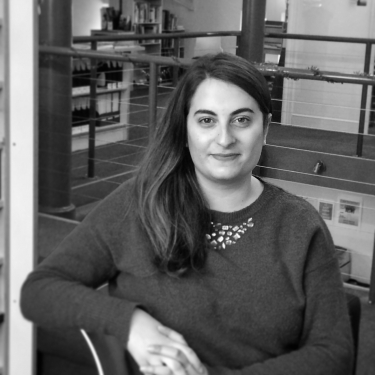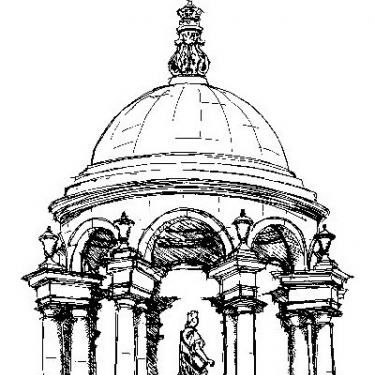Introduction
I grew up in London and Hertfordshire and attended local comprehensive schools. From 2014–18, I completed a BA in History and French at St Hilda’s College, Oxford, and after graduating spent a year working for charity and campaign organisations. In 2019, I returned to Oxford to complete an MSt in Women’s Studies, and the following year I began my PhD in the Department of Languages, Literatures and Cultures at King’s College London. My PhD was supervised by Professor Siobhán McIlvanney and Dr Ros Murray and funded by the AHRC through the London Arts & Humanities Partnership. During my PhD, I spent three months as a visiting research student at the Gender Studies centre (l’Initiative Genre-Philomel) at Sorbonne Université (Paris-IV). After submitting my PhD, I worked as an LSE100 Fellow at the London School of Economics and Political Science. I currently sit on the committees of the Society for French Studies and Women in French UK-Ireland. As of October 2024, I am the Hamilton Junior Research Fellow in French at Queen’s.
Teaching
I have experience teaching French literature, French language, film, and critical theory. I currently offer an Option Course called ‘Feminist Perspectives on Abortion’ on the interdisciplinary MSt in Women’s, Gender, and Sexuality Studies at Oxford.
Research
My research sits at the intersection of French Studies and Women’s, Gender, and Sexuality Studies. As Hamilton Junior Research Fellow, I am carrying out a research project on the representation of abortion in French literature and film since the year 2000. This project examines how abortion is put into and regulated through narrative, revealing the epistemic exclusion of certain perspectives on abortion across narrative forms. It interrogates the relationship between abortion rights and French national identity, shedding light on the position of abortion in the French Republican postcolonial imaginary. In this project, I analyse works by writers and filmmakers including Audrey Diwan, Suzanne Duval, Annie Ernaux, Line Papin, Colombe Schneck, Céline Sciamma, and Sandra Vizzavona.
I am also preparing my doctoral thesis for publication as a monograph. My thesis examines the ‘queer-feminist aesthetics’ of the contemporary French writer and filmmaker, Virginie Despentes, and uses Despentes’s work as a prism to think through the relationship between feminist and queer, and politics and art, in the twenty-first century.
Publications
Redefining Womanhood: Agency, Voice, and Identity in Francophone Women’s Cultural Production, ed. V. Desnain, A. Pugh, and C. Verdier (Peter Lang, forthcoming).
‘Sex and Subversion in French Women’s Writing from the Fin de siècle to the Present’ in The Cambridge Companion to Women’s Writing in French, ed. S. Jordan and S. McIlvanney (Cambridge University Press, forthcoming).
Review of Daughters of 1968: Redefining French Feminism and the Women’s Liberation Movement by Lisa Greenwald, H-France (forthcoming).
‘Disruption and Eruption: Terrorist Violence in the Work of Virginie Despentes’ in Disruptive Discourses in Francophone Women’s Writing, ed. P. Galis, C. Gorman, and J. Rodgers (Liverpool University Press, forthcoming).
‘Unbecoming Woman: The Shadow Feminism of King Kong théorie by Virginie Despentes’, Paragraph 46:2 (2023), 212–25.
‘Tracing the Figure of Roland Barthes in The Argonauts: A “many-gendered mother” of Maggie Nelson’s Heart’, College Literature: Journal of Critical Literary Studies 50:4 (2023), 547–71.
‘The Promise of Utopia in Vernon Subutex by Virginie Despentes’, French Studies Bulletin 43:163 (2022), 3–8.
‘Virginie Despentes’, The Literary Encyclopedia (2022).
‘Virginie Despentes: King Kong théorie’, The Literary Encyclopedia (2022).
